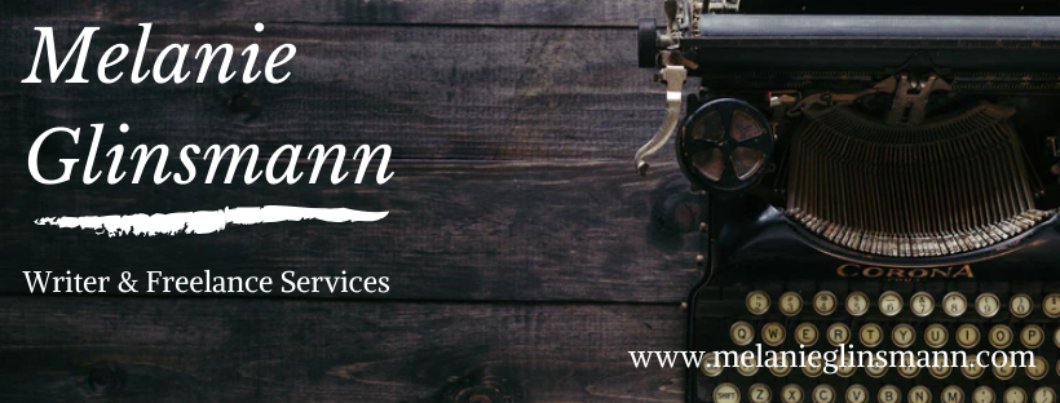
Last weekend, I saw a performance of Something Rotten!, a Broadway musical now touring the United States. For those not familiar with this show, the story centers on Nick and Nigel Bottom, aspiring playwrights in late 1500s England. In Nick’s quest to come up with the next big thing, and more importantly, to top the growing fame of William Shakespeare, he loses sight of what his family and craft mean to him.
But within the basic story, Something Rotten! weaves a comedic spoof of Shakespeare, along with poking fun at musical theater as a whole.
As a musical theater and Shakespeare nerd, this show is a perfect blend of theatrical elements, story, and humor.
SOMETHING ROTTEN IN THE MANUSCRIPT
As I thought about the show, I noticed some similarities between how the story line and humor can be applied to writing. At the very least, the main theme of the show demonstrates how our drive to succeed can overshadow things that should hold more priority. But the comedic nature of the show provides additional lessons for writers.
1. You’re not William Shakespeare
While recent evidence suggests that Mr. Shakespeare had a co-writer on some plays, that doesn’t take away from his genius. And as Something Rotten! not so subtly indicates, he often utilized historical accounts and stories previously tackled by other writers. However, Shakespeare utilized humor and current events blended with the original story to create something new. He knew how to incorporate the right combination of language, humor, and emotion to turn old stories into something people hadn’t seen before.
As much as most writers dream of being as prolific as Shakespeare, for most of us that’s not going to happen. Granted, he wrote primarily for the theater, not literary narrative. But all writers strive to achieve a high level of engagement with an audience, whether that’s someone sitting in the back row of the theater or a reader sitting at home on the couch. The desire to succeed drives us. But, like Nick Bottom in the musical, that desire can lead us away from our true priorities. Don’t let your writing goals get in the way of your family, friends, communities, etc. The next big thing isn’t always what it’s cracked up to be. We just don’t get show tunes and chorus lines behind us as we figure that out.
2. Have a sense of humor
One of the great things about Something Rotten! was the intentional self-deprecating humor. The story, and especially the music, pokes fun at the musical theater genre. They reference other classic plays, such as The Sound of Music, Mary Poppins, and Les Miserables. Self-deprecating humor towards musicals adds to the comedic effect. The writers and actors clearly had a lot of fun with the lighthearted nature of the show.
While humor features in the show, it’s a great reminder to not take ourselves so seriously as writers. Yes, we should take our writing seriously if we want to achieve some level of success. But it’s also important to be able to laugh at ourselves in a positive way when things don’t go according to plan.
First drafts are notorious for being a mess, especially for new writers. I’m certainly discovering this as I’m working on my second draft. There will be typos in your blog posts and social media updates. And there will be times when you’ll reread something and it won’t make any sense. You have to be able to laugh in the midst of your creative process. Obviously, your work is personal. But, if you let your mistakes and cluttered thoughts weigh you down, the thought of giving up on your project takes hold. Giving yourself grace to make mistakes means your creative process becomes more enjoyable.
3. To thine own self be true
As one of Shakespeare’s most famous lines (from Hamlet, if you’re not familiar), it’s often taken out of context. However, the general sentiment states the importance to stick to what you believe to be true. As Nick learns in Something Rotten! when he tried to write something he didn’t really know, he lost sight of who he was and the stories he was meant to share.
The same holds true for today’s writers. While it’s fun to experiment with different styles, themes, and genres, ultimately, if you try to write something that goes against what you believe or don’t have any real knowledge of, readers will know.
There are certain genres, especially within young adult literature, that are popular now that I know I could never do justice to because I either have no personal experience in those worlds, or in some cases, because I have different values and beliefs than what characters would be expected to reflect within those types of stories. I know readers could see through any attempt to write those types of characters. This doesn’t mean you shouldn’t learn about other styles and genres, and try to write them if they really interest you. But it’s important to remember you don’t have to write something you don’t agree with just to get into a popular field.

LAUGHTER IS THE BEST MEDICINE
Present mirth hath present laughter. What’s to come is still unsure.
– William Shakespeare “Twelfth Night” Act 2 Scene
When it comes to being a writer, there are countless times during the creative process where fear and comparison enter our minds. Editing reveals all kinds of errors and inconsistencies that make use cringe. Once it’s time to send our work into the world, there are rejection letters from potential agents and harsh reviews on Amazon or social media. No matter how well adjusted you are, hearing someone didn’t like your work is tough.
But this is why authors, and creatives in general, can’t take themselves too seriously. When we learn to laugh at ourselves, we can better handle these moments of rejection and doubt. I’m certainly not saying to think of ourselves or our work as a joke. That is 100% not the case. Your story matters.
But, what being able to laugh at yourself means is that when you find those mistakes in a manuscript, or when you get another agent rejection letter, you know how to move forward with confidence.
Here’s what I mean by being able to laugh at yourself:
- When you are editing and realize there are plot holes, incomplete scenes, or grammar issues, you don’t get frustrated. You fix things that need to be fixed and keep going without criticizing yourself.
- When you get a rejection from an agent, on a proposal you submitted to a freelance client, or for a contest you entered, you are able to think of it as another step in the process to your creative goals, and not as a reflection of your skills and worth.
- When you find a typo in a blog post or social media post, you don’t freak out. You correct it if you can, or add an updated post with something along the lines of “Autocorrect strikes again,” or “Even writers misspell things once in a while.” By not making a big deal out of something simple like this, you show your audience that you’re human. You show them that you don’t have to be perfect to have an important message to share with the world.
While you should take your work seriously, if you take yourself too seriously, your work will fall victim to fear. Those voices in your head start to tell you you’re not good enough and no one will like what you do. But when you’re able to take a lighthearted approach towards those rejections and mistakes, you’ll learn they’re just part of the business of writing, not a personal flaw or lack of talent.
If you can laugh at yourself, maybe not always literally, you’ll be better suited to take on the roller coaster that is a creative life.
Reignite your creativity!

Subscribe to get new content, monthly newsletter, and important updates. You'll also receive a free download - "30 Days of Creative Inspiration."

